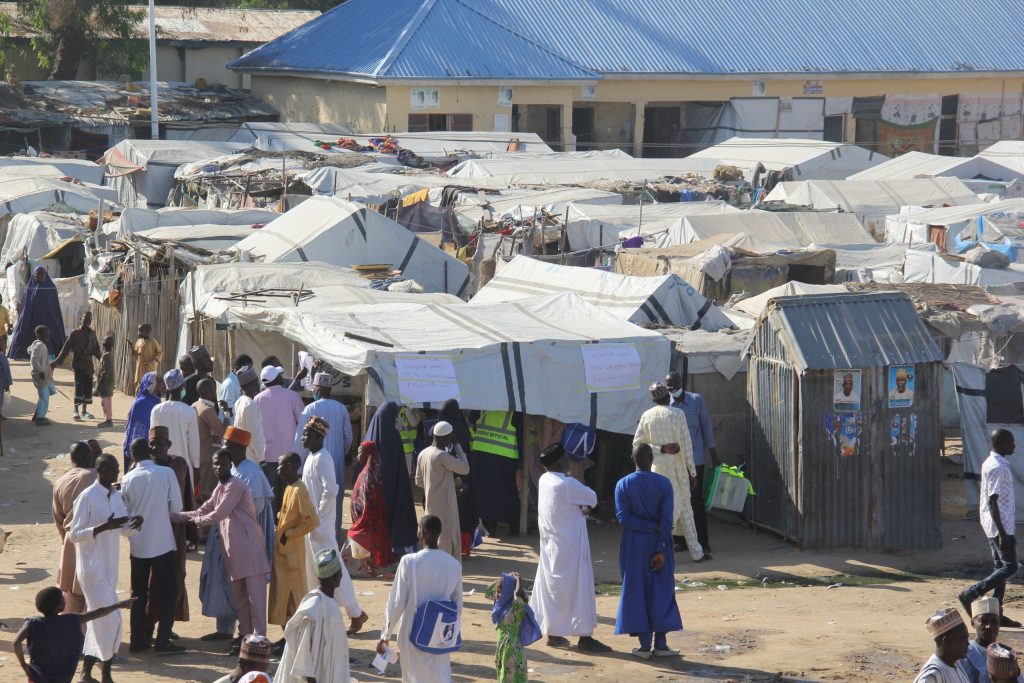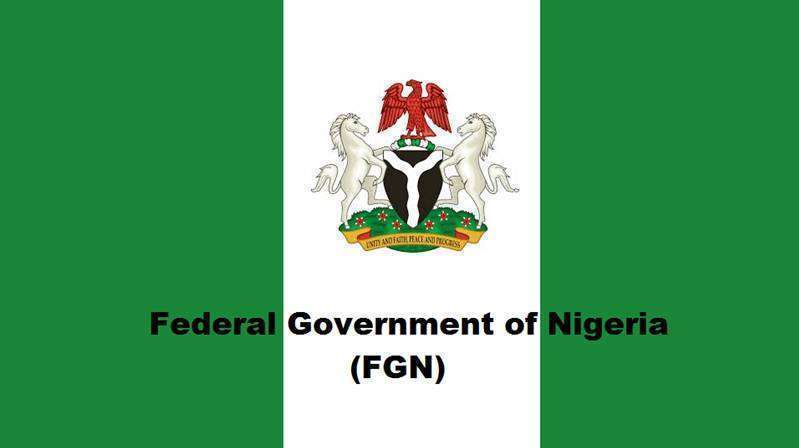The Federal Government has launched the Renewed Hope Agricultural Empowerment Project (REHAEP) for Internally Displaced Persons (IDPs), which is a collaboration between the National Commission for Refugees, Migrants and Internally Displaced Persons (NCFRMI) and the Federal Ministry of Agriculture and Food Security, at Kpwasho, Bassa Local Government Area of Plateau State.
According to the United Nations Human Rights’ Guiding Principles on Internal Displacement, internally displaced persons are persons or groups of persons, who have been forced or obliged to flee or to leave their homes or places of habitual residence, in particular as a result of or in order to avoid the effects of armed conflict, situations of generalised violence, violations of human rights or natural or human-made disasters, and who have not crossed an internationally-recognised border.
The Federal Commissioner, National Commission for Refugees Migrants and Internally Displaced Persons (NCFRMI), Tijani Ahmed, said the mechanised farm covers 150 hectares of land, adding that
“The project will support 300 IDPs in Plateau with inputs, cash grants and labour costs. The private sector will also assist by providing market access for harvested grains, contributing to food security and economic empowerment.
The pilot phase of REHAEPI is also being implemented in Nasarawa and Borno states, with plans to expand to other states with significant IDP populations for a period of five years of which seedlings like rice, maize, sorghum, wheat among others would be grown on the land. Ahmed was represented at the occasion by NCFRMI’s Director of IDPs, Fatima Daura.
“The Federal Ministry of Agriculture provided the inputs to cultivate the land, while the NCFRMI profiles the IDPs and provides them with a cash grant for labour costs.
The private sector comes in and hopefully when they harvest, they provide off-takers, who will now sell the grains and put money in the hands of IDPs and also contribute to food security”, Ahmed said. He added that the commission was partnering with the Nigeria Security and Civil Defence Corps’ AgroRangers and the community to provide security for farmers.

On his part, the Plateau Governor, Caleb Muftwang, represented by the Chairman of the Plateau State Emergency Agency (PLASSIMA), Sunday Audu, has stressed the need for Plateau farmers to embrace large-scale agriculture while assuring that the state is committed to supporting IDPs.
“We will also ensure their return to their ancestral homes and address the educational and social challenges faced by displaced children”, he said.
The governor disclosed that there was an ongoing collaboration with the Nigeria Security and Civil Defence Corps (NSCDC) to enhance security on farmlands, to enable farmers to work without fear.
It would be recalled that the government had initiated the agricultural empowerment programme, as part of its commitment to fulfilling its mandate and providing sustainable solutions to the challenges faced by IDPs.
At the launch of the programme in Nasarawa, Nasarawa Local Government Area o the state, the Federal Commissioner of NCFRMI, Tijjani Aliyu, had stated that the project aligned with the commission’s mandate and his vision to rehabilitate displaced populations.
He informed that the project represented a significant step in appropriate direction towards this goal. “Nigeria experiences high internal displacement due to its large population, competition for resources, climate change and the attendant conflicts and insecurity.
As of June 2024, Nigeria is host to about 6 million internally displaced persons due to ongoing internal conflicts, armed banditry and natural disasters”, he said.
The initiative seeks to enhance food security, economic stability, and overall well-being of IDP communities, thereby fostering self-reliance and community resilience.
“The project is designed to ensure that IDPs take part of the farm produce for subsistence, while the remaining produce is purchased by humanitarian agencies such as NCFRMI, Commission (National Emergency Management Agency) NEMA, (North East Development Commission (NEDC) other agencies and the private sector by putting money in the pockets of the IDPs”, he explained.
The Federal Commissioner noted that NCFRMI is strategically-placed and logically-positioned to be the driving force for the implementation of national policy on IDPs, as well as the focal coordinating agency for the national response to internal displacement, especially in the provision of durable solutions.
The Minister of Agriculture and Food Security, Abubakar Kyari said the project is not only remarkable, but essentially timely, as it restates the commitment of the Federal Government’s Renewed Hope Agenda, especially with the emphasis on inclusivity, as encapsulated in the agenda document.
Kyari described the project as a beacon of hope for thousands of Nigerians, who have been displaced from their homes and sources of livelihoods.
He noted that it was a comprehensive initiative designed to empower IDPs with agricultural skills, resources, and market linkages, thereby enabling them to rebuild their lives and contribute meaningfully to society.
“Our nation has witnessed an unprecedented humanitarian crisis, with countless citizens displaced from their homes and deprived of their livelihoods. The plight of our internally displaced persons (IDPs) is a matter of grave concern, and it demands our collective attention and action.
These resilient individuals have endured unimaginable hardships, including the loss of loved ones, homes, and sources of income”, the minister said. Kyari added that agriculture has the potential to be a lifeline for vulnerable populations, as the project is not merely about assisting, but restoring hope, dignity, and self-sufficiency.
He added that in addition to food security, the project aims to create economic opportunities for IDPs by establishing market linkages and supporting the development of agribusiness ventures and cooperatives.
“By empowering IDPs with the necessary skills, resources, and support, we can help them rebuild their lives and contribute to the overall development of our nation. This project is a testament to our commitment to addressing the challenges faced by IDPs and creating opportunities for their productive engagements and reintegration into society”, the minister stated further.



